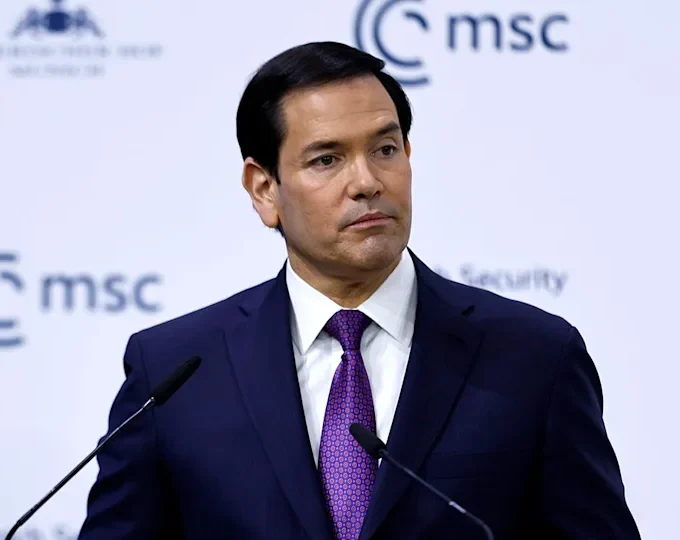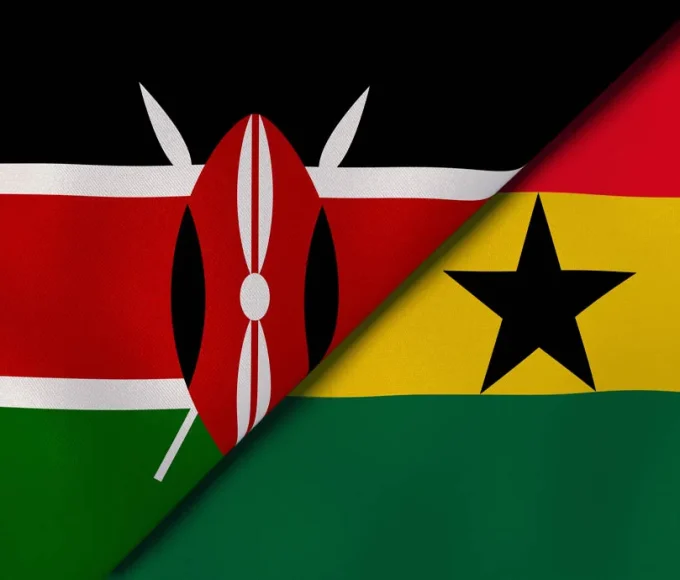
Kenyan Advocate Files Lawsuit Against Four U.S. Companies Over Chemical-laced Sanitary Products

Wakili Joseph Mwai, a Kenyan-based Consumer Protection and Human Rights Advocate, alongside Taifa Mpya, has filed a lawsuit against four U.S.-based sanitary products manufacturers over their alleged usage of non-cotton materials in tampons, pampers, and sanitary pads.
This was disclosed in a suit filed on August 25, 2024, and amplified several times in recent days on X, ensuring more end users join in to sign a petition highlighting the breach of Kenyans’ consumer rights protection under Article 46 of the Kenyan Constitution.
The suit, led by Mwai, has garnered over 950 signatories and is soon to reach its target of 1,000 to be submitted before Justice Chacha Mwita of the Human Rights Division of the High Court of Kenya on Tuesday, October 15, 2024, at 8:30 am WAT.
According to the petition and similar publications on X, sanitary products such as diapers, tampons, and sanitary pads sold in Kenyan stores and purchased from U.S. companies like Always, Kotex (now UbyKotex), Huggies, and Pampers are allegedly not made from cotton. The products are packaged with “over 20 deadly synthetic chemicals, including carcinogens and ‘forever chemicals’ that stay on the human body for at least 50 years.”
This is about neo-colonialism and imperialism. They [Always, Kotex, Huggies and Pampers] kill the local cotton economy and sell us the cheap subsidies,” Mwai told West Africa Weekly.
“All provinces in Kenya can grow cotton, except Northeastern,” he stated, adding that, “We can produce ours.”
Meanwhile, research publications on Pud Med Central highlight the long-term health implications of sanitary pads as a result of exposure to Phthalates (a series of widely used chemicals that have been demonstrated to be endocrine disruptors and are detrimental to human health), which causes disruption of female menstrual cycle, among others.
Read More:
- BudgIT Accuses National Assembly of Inflating Federal College’s 2024 Budget from N368 Million to N42.7 Billion
- FAAN Union Leaders Accuse Aviation Minister of Secret Airport Concession Deals
About The Author
Mayowa Durosinmi
author
M. Durosinmi is a West Africa Weekly investigative reporter covering Politics, Human Rights, Health, and Security in West Africa and the Sahel Region
Mayowa Durosinmi
M. Durosinmi is a West Africa Weekly investigative reporter covering Politics, Human Rights, Health, and Security in West Africa and the Sahel Region
Related Articles
Zimbabwe Rejects $350m US Health Deal Over Sovereignty Dispute
Zimbabwe has formally withdrawn from negotiations on a proposed $350 million health...
ByWest Africa WeeklyFebruary 25, 2026Journalists Detained in Cameroon While Investigating U.S. Deportations
Four journalists were detained in Cameroon while investigating the deportation of African...
ByWest Africa WeeklyFebruary 23, 2026Marco Rubio Suggests Return to Western Dominance, Sparking Fears of Neo-Colonial Agenda After Controversial Munich Speech
United States Secretary of State Marco Rubio has stirred intense global debate...
ByWest Africa WeeklyFebruary 16, 2026Western Men Accused of Sexually Exploiting Women and Children Across Africa While Leaders Hand Out Visas to Predators
Across Africa, a troubling pattern has emerged. Western men with histories of...
ByWest Africa WeeklyFebruary 13, 2026












Leave a comment